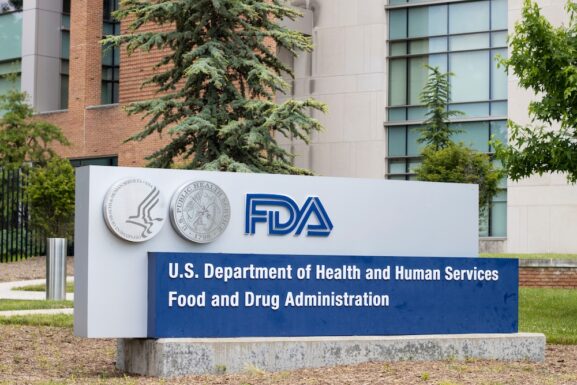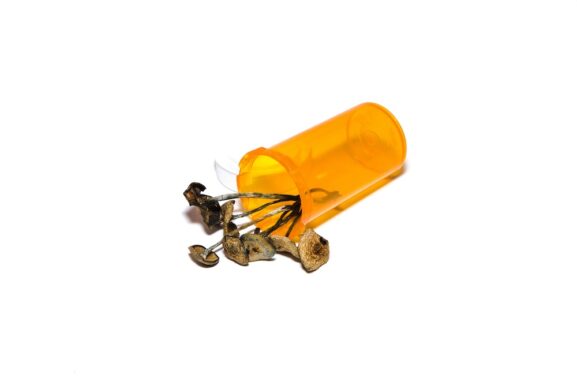Study: 5 Million Americans Could Be Helped By Psilocybin Treatment
A recent study has revealed that over five million Americans could benefit from the use of psilocybin treatment, the active compound in “magic mushrooms,” if it is approved as a treatment for depression. The findings underscore the growing interest in alternative treatments for mental health conditions, particularly for those who have not responded to traditional therapies.
Psilocybin has gained attention due to its potential to offer relief from severe forms of depression.
“While our analysis is a crucial first step, we’ve only scratched the surface in understanding the true public health impact psilocybin therapy may have,” said study co-author Dr. Charles Raison, professor of psychiatry and human ecology at the University of Wisconsin, in Madison.
New: Interested in Being Part of a Psychedelics-Focused Clinical Trial? Sign Up Here
Psilocybin Treatment: How Does it Work?
The substance appears to change the brain’s response to negative emotions, offering new hope to individuals whose depression has resisted conventional medications. Unlike traditional antidepressants, which can take weeks to show effects, psilocybin has been shown to provide rapid relief, often within a few days of treatment.
Could this be the game changer millions of Americans need? For those struggling with mental health, the prospect of a new treatment option may feel like a long-overdue breakthrough. Many current antidepressants come with a host of side effects, leading some to abandon treatment altogether. Psilocybin’s promise lies not only in its effectiveness but also in its potential to provide a treatment option that feels less burdensome.
RELATED: Psychedelic Tourism Will Push ‘Wellness Tourism’ Across The $1 Trillion Mark In 2024
However, There are Significant Hurdles to Overcome
Psilocybin is still classified as a Schedule I substance, making it illegal for general use. The regulatory process to approve a new treatment can take years, even when studies show significant promise. Will public pressure help accelerate the approval process? Or will it follow the slow, methodical pace typical of drug approvals?
It also raises a key question. How will the medical community handle a treatment that could change the lives of millions but also faces substantial legal and cultural resistance? If approved, what will the rollout of psilocybin therapy look like in the United States? These are questions that will shape the future of depression treatment in the country.
RELATED: These are the Most Common Side Effects of MDMA Therapy as FDA Approval Loom
For now, the results of this study add to the growing body of evidence supporting the therapeutic potential of psychedelics. Whether the medical field will embrace this new frontier remains to be seen. Are we ready to explore this possibility further? The answer could profoundly impact the millions of people searching for relief.



